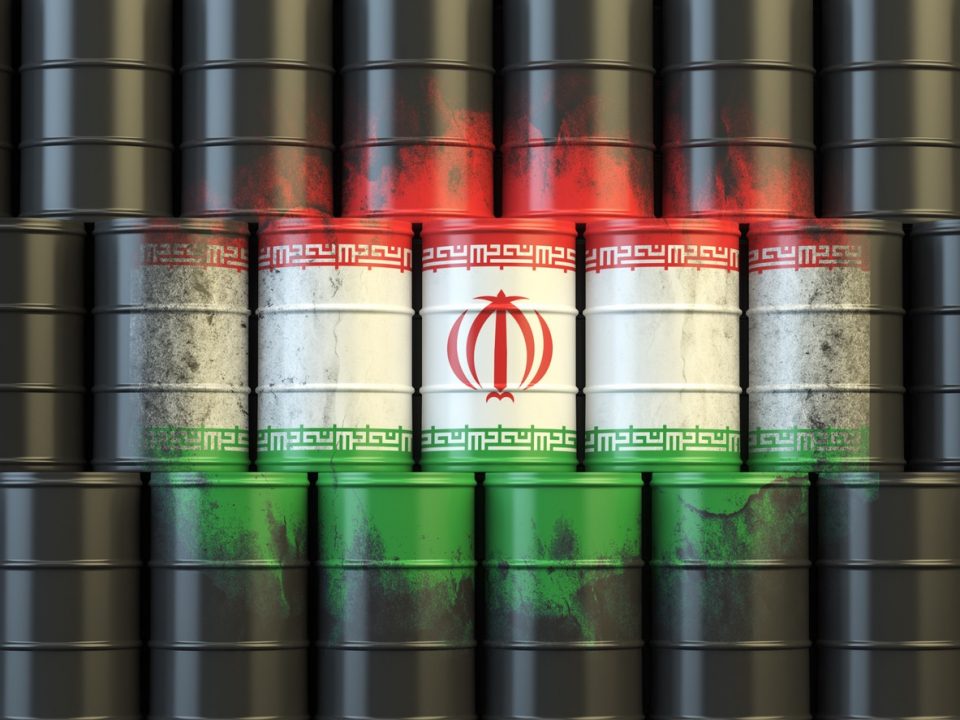If the US reimposes sanctions on Iran’s oil sector without the support of Europe, China and Russia, it will see grudging and uneven compliance by international energy companies and will not be able to stop crude flows that returned to the market in 2015, according to sanctions expert Elizabeth Rosenberg, Platts reported.
“Grudging compliance does not look like robust, immediate information sharing to support the enforcement of sanctions,” said Rosenberg, the Director of the energy economics and security program at the Center for New American Security and a former Treasury Department adviser on sanctions.
“In that world, sanctions are leaky, they’re not so strong and they will be revealed to Iran and the world to be not an effective tool of statecraft and there will be myriad opportunities for opportunistic business people — and confused business people — to find ways of continuing the business that they have in place,” Rosenberg said in an interview for S&P Global Platts’ Capitol Crude podcast that will air Oct. 2.
The possibility of the US going it alone on reimposing Iran sanctions has increased since President Donald Trump is widely expected to not certify Iran’s compliance in the 2015 nuclear deal before Congress’ October 15 deadline.
Rosenberg said Trump is understood to have certified Iranian compliance twice before “under duress” and has made clear to staff that he would not do so again. She said the administration likely thinks it can pressure Europe, China and Russia to agree to rework the deal and present the new version to Iran as a take-it-or-leave it offer.
If a new deal never materializes, the Trump administration or Congress could reimpose Iranian sanctions immediately.
Rosenberg said the move would damage US economic leverage at a time when it needs major Iranian crude buyers on board for other diplomatic priorities like leaning on China to help counter the North Korean nuclear threat.
She said trades for Iranian oil would continue despite US sanctions.
“In that world of really creative trading plays and companies and trading houses being domiciled in all kinds of jurisdictions precisely to avoid constraints on their activity … it will be incredibly difficult for the United States to be tough on enforcement without very willing and robust participation from Iran’s major oil consumers.”
Rosenberg said some international companies would abide by US sanctions.
“Of course companies make their own decisions and they may look at this high-risk scenario with expensive compliance costs if they wanted to try to find the narrow legal path or non-legal path to keep doing business with Iran,” she said. “Where there is compliance, it will be because countries internationally see value in preserving alliance even where they are unhappy about doing so.”
While companies would manage to work around the sanctions to trade Iranian oil, Rosenberg said companies wanting to make significant investments in Iran’s energy sector will have a tougher time evading reimposed US sanctions.
“Anyone who’s interested in moving forward in that investment picture, they have to be willing to court massive legal risk if they want to try and continue it. So I think we’ll see a much more cautious attitude toward flouting US sanctions there.”

